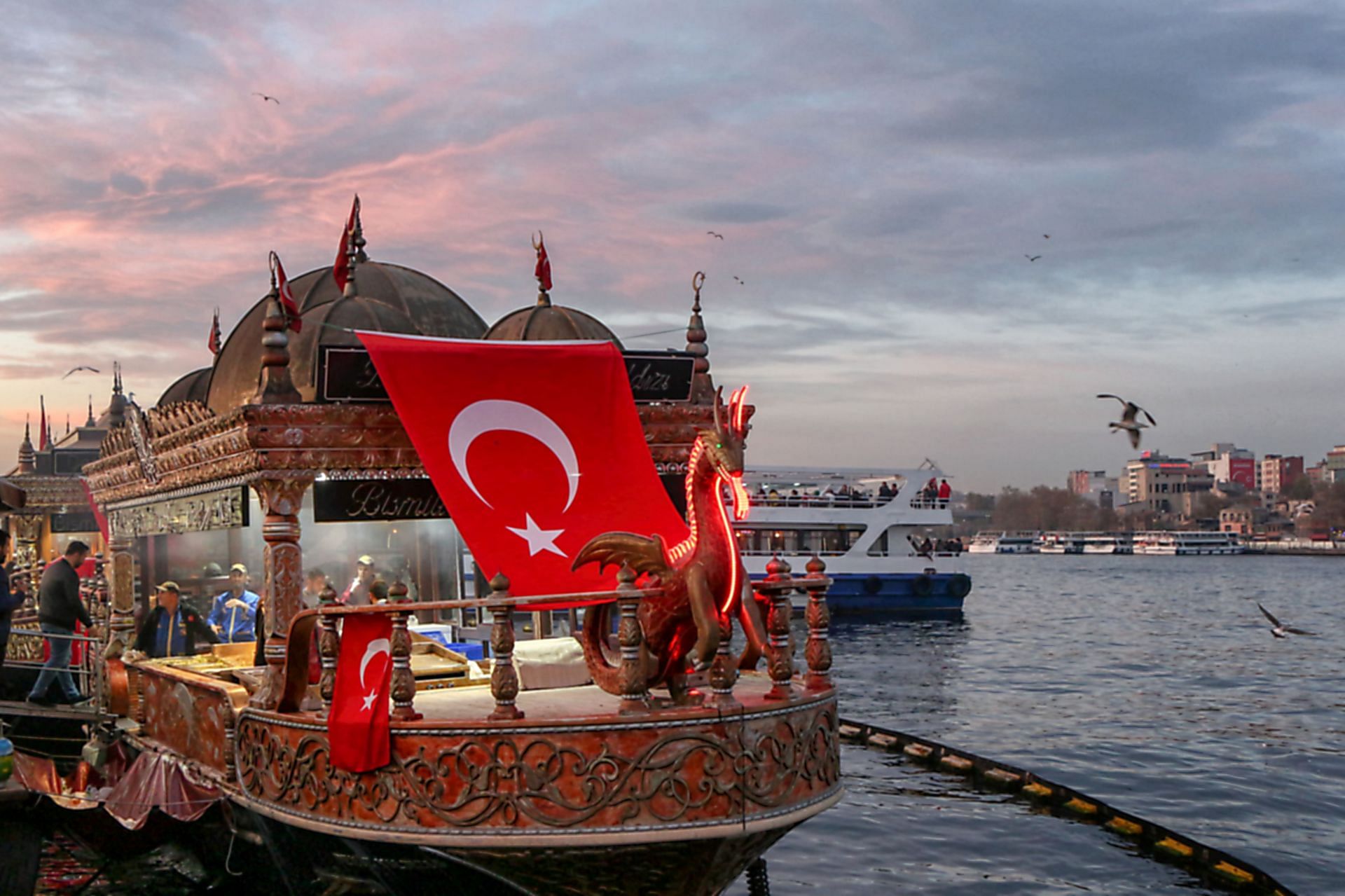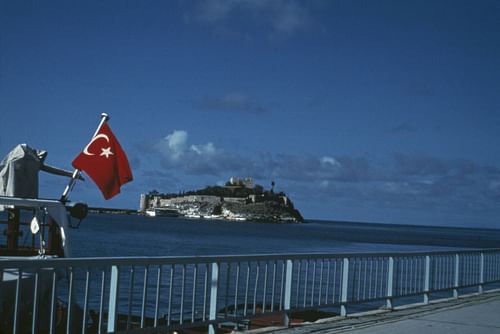
Who was Fethullah Gulen? Critic and scholar accused of Turkey coup attempt dies aged 83
Fethullah Gulen, a cleric residing in the United States, passed away at the age of 83. According to a post on X by Herkul, a website that posts his sermons, Gulen passed away on Sunday night, October 20, in a U.S. hospital where he had been receiving treatment for heart and kidney failure, according to The New York Times. As per The Guardian's October 21 article, he spent his final years embroiled in allegations that he had planned a 2016 coup attempt against Turkish leader Recep Tayyip Erdoğan.
Erdoğan and Gulen were formerly allies, but their relationship ended badly, and Erdoğan blamed him for the 2016 coup attempt in which rogue forces took control of helicopters, tanks, and jets. Following that, since 1999, Gülen had been living in the United States in a self-imposed exile.
Fethullah Gulen was a Turkish Muslim scholar and preacher and the leader of the Gulen movement. Developing a Nursian theological worldview that embraces democratic modernity, Gulen was a prominent neo-Ottomanist, Anatolian panethnicist, Islamic poet, writer, social critic, and activist-dissident.
Fethullah Gulen denied being involved in the attempted Turkey coup

The Guardian reported in their October 21 story that, as of 2016, Gulen and his organization had millions of supporters. As per the same source, the organization, called 'Hizmet,' which translates to "service" in Turkish, aimed to disseminate a moderate form of Islam that encourages free markets, interfaith dialogue, and Western-style education.
However, in 2003, some of Fethullah Gulen's followers joined the right-wing Justice and Development Party, led by Recep Tayyip Erdoğan. This gave the party the much-needed administrative and political backing. Nevertheless, in 2011, after cooperating to undermine left-leaning Kemalist groups, which was a political group founded on the ideas of Turkey's first president, Mustafa Kemal Atatür, the coalition broke up.
Years later, on July 15, 2016, a group within the Turkish Armed Forces, known as the Peace at Home Council, attempted a coup to overthrow the government and President Recep Tayyip Erdoğan, as well as other state institutions. They tried to take over a number of locations in Ankara, Istanbul, Marmaris, and other places, including the Asian side entry of the Bosphorus Bridge. However, they were eventually defeated by state-aligned forces and civilians.
As per Al Jazeera's July 16, 2016 report, during the midnight coup attempt, 265 people were killed, including 161 government personnel and civilians. According to the same source, Umit Dundar, the army's acting chief of staff, then announced at a press conference that at least 47 civilians and 104 alleged coup plotters had been killed. During the conference, Yildirim also said that 2,839 military personnel had been arrested and 1,440 people had been injured.
Following this, jets dropped bombs in Ankara, over the Bestepe neighborhood, which housed the presidential palace and black smoke plumes were observed rising from the place. Additionally, there were allegations of an explosion at the capital's parliament building. In the sky above the capital, military aircraft were also visible.
The Turkish government then claimed that Fethullah Gulen was responsible for the coup and that the U.S. was hiding him. Additionally, Turkish prosecutors also charged Gulen with trying to topple the government by allegedly controlling politically motivated judicial investigators. Fethullah Gulen, however, refuted both charges.
A Turkish criminal court issued an arrest warrant for Gulen in the same year, and Turkey demanded his extradition from the United States. However, the U.S. government officials did not believe he was associated with any terrorist activity. They requested evidence to be provided by the Turkish government to substantiate the allegations in the warrant requesting extradition, and frequently rejected Turkish calls for his extradition.
On the other hand, since the failed coup, his movement has been systematically dismantled in Turkey, and its influence has declined internationally.
Following Fethullah Gulen's death, his friends and family members have not made any public comments as of yet.